
Eco Grief Among Scientists
2023 was the hottest year on record, at 1.48 degrees Celsius above preindustrial levels. That’s just below the 1.5 C increase that the UN says is the limit to avoid the worst impacts of climate change. As the summer of 2024 approaches in the Northern Hemisphere, climate scientists are raising the alarm on dangerous impacts of ongoing heat waves. We discuss ocean heat waves and profound grief among marine scientists.

Phantom Carbon Credits
Shell’s flagship carbon project in Canada generated millions of dollars in carbon credits based on greenhouse gas emission reductions that never took place. According to a study by Greenpeace Canada, the scheme was part of Shell’s billion-dollar Quest carbon capture project. While these phantom credits were legal from 2015 to 2021 under approved carbon tax rules, Shell’s actions raise questions about carbon capture practices in Canada’s lucrative fossil fuel industry. Researcher Keith Stewart describes the Greenpeace Canada probe.

Animal Self-Medication
Recently, a paper was published in the journal Scientific Reports describes the case study of an orangutan who treated and healed his own wound. Zoologists have long seen behaviors of self-medicating in the animal kingdom, but until now it has rarely if ever been documented in scientific literature. Michael Huffman, an ecologist who reviewed the paper, discusses how some animals heal themselves.
This Week’s Show
May 17, 2024
listen / download

Eco Grief Among Scientists
listen / download
2023 was the hottest year on record, at 1.48 degrees Celsius above preindustrial levels. That’s just below the 1.5 C increase that the UN says is the limit to avoid the worst impacts of climate change. As the summer of 2024 approaches in the Northern Hemisphere, climate scientists are raising the alarm on dangerous impacts of ongoing heat waves. We discuss ocean heat waves and profound grief among marine scientists.

Phantom Carbon Credits
listen / download
Shell’s flagship carbon project in Canada generated millions of dollars in carbon credits based on greenhouse gas emission reductions that never took place. According to a study by Greenpeace Canada, the scheme was part of Shell’s billion-dollar Quest carbon capture project. While these phantom credits were legal from 2015 to 2021 under approved carbon tax rules, Shell’s actions raise questions about carbon capture practices in Canada’s lucrative fossil fuel industry. Researcher Keith Stewart describes the Greenpeace Canada probe.

From the History Books
listen / download
Living on Earth contributor Peter Dykstra joins Host Aynsley O’Neill for a trip back in time to the creation of the Adirondack Forest Preserve, as well to Franklin Delano Roosevelt’s signing of the Tennessee Valley Authority Act.

Animal Self-Medication
listen / download
Recently, a paper was published in the journal Scientific Reports describes the case study of an orangutan who treated and healed his own wound. Zoologists have long seen behaviors of self-medicating in the animal kingdom, but until now it has rarely if ever been documented in scientific literature. Michael Huffman, an ecologist who reviewed the paper, discusses how some animals heal themselves.

Nature and the Beat
listen / download
From the chirp of a Katydid to the screech of a parrot, the sounds of nature are all around us and now can be used to help humans make music. Beast Box is a website that allows users to create their own unique songs using catchy beats and animal calls as the instruments.
Special Features
Field Note: "In Defense of Little Foxes"
Living on Earth Explorer-in-Residence Mark Seth Lender reflects on how experience and anthropocentrism color our perceptions of other species and how much we care about their well-being.
Blog Series: Mark Seth Lender Field Notes
Field Note: "Oh, Say Can You See?": Kingfisher on Long Island Sound
Living on Earth's Explorer in Residence Mark Seth Lender provides some context for his essay, "Oh, Say Can You See?" about a kingfisher on Long Island Sound.
Blog Series: Mark Seth Lender Field Notes
...Ultimately, if we are going prevent large parts of this Earth from becoming not only inhospitable but uninhabitable in our lifetimes, we are going to have to keep some fossil fuels in the ground rather than burn them...
-- President Barack Obama, November 6, 2015 on why he declined to approve the Keystone XL Pipeline.
Donate to Living on Earth!
Living on Earth is an independent media program and relies entirely on contributions from listeners and institutions supporting public service. Please donate now to preserve an independent environmental voice.
NewsletterLiving on Earth offers a weekly delivery of the show's rundown to your mailbox. Sign up for our newsletter today!
 Sailors For The Sea: Be the change you want to sea.
Sailors For The Sea: Be the change you want to sea.
 Creating positive outcomes for future generations.
Creating positive outcomes for future generations.
 Innovating to make the world a better, more sustainable place to live. Listen to the race to 9 billion
Innovating to make the world a better, more sustainable place to live. Listen to the race to 9 billion
 The Grantham Foundation for the Protection of the Environment: Committed to protecting and improving the health of the global environment.
The Grantham Foundation for the Protection of the Environment: Committed to protecting and improving the health of the global environment.
 Contribute to Living on Earth and receive, as our gift to you, an archival print of one of Mark Seth Lender's extraordinary wildlife photographs. Follow the link to see Mark's current collection of photographs.
Contribute to Living on Earth and receive, as our gift to you, an archival print of one of Mark Seth Lender's extraordinary wildlife photographs. Follow the link to see Mark's current collection of photographs.
 Buy a signed copy of Mark Seth Lender's book Smeagull the Seagull & support Living on Earth
Buy a signed copy of Mark Seth Lender's book Smeagull the Seagull & support Living on Earth

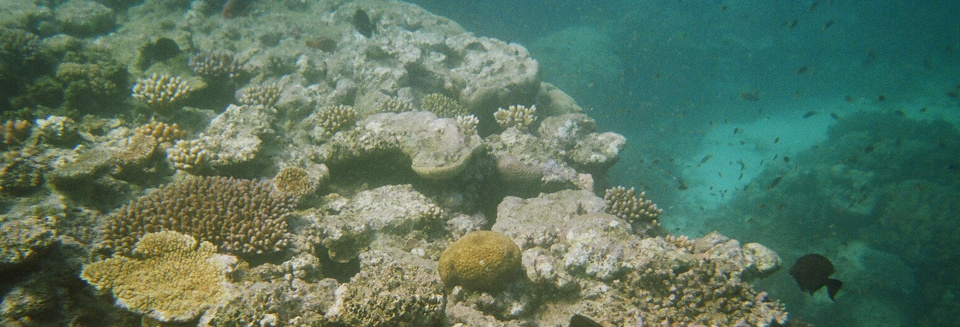
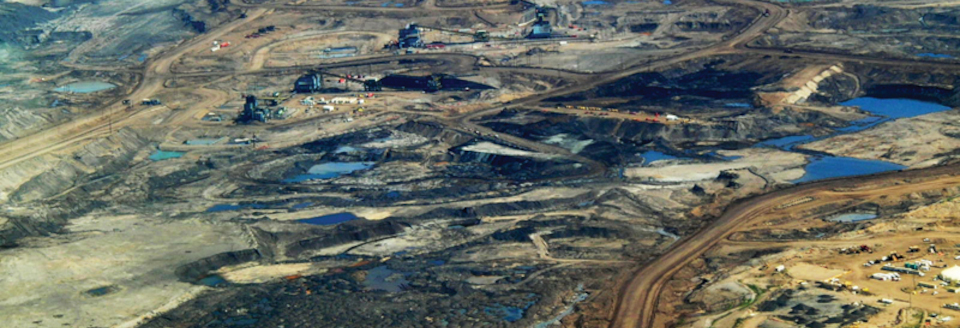
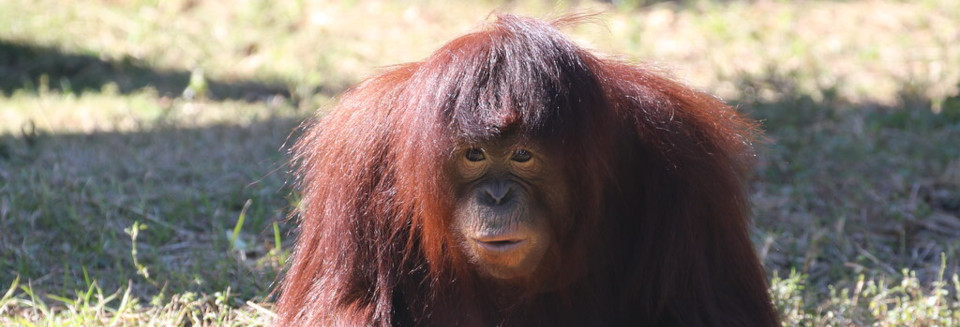

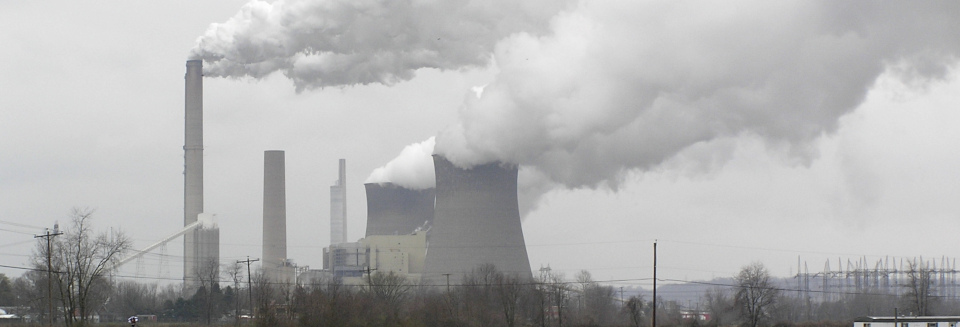
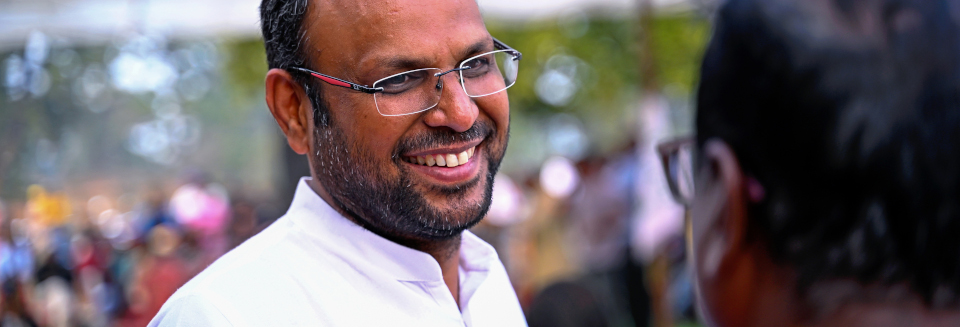
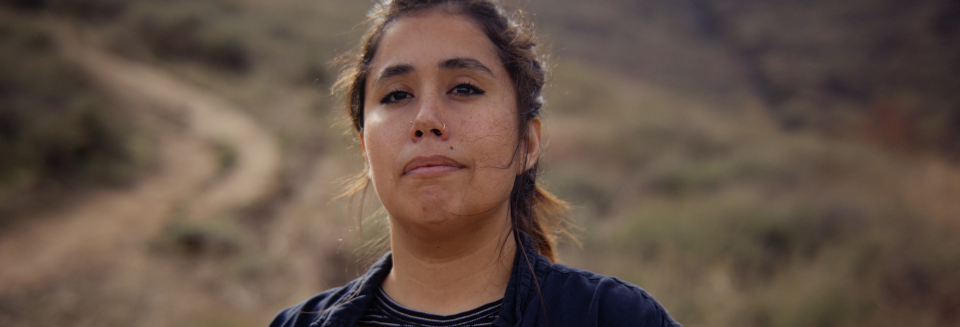
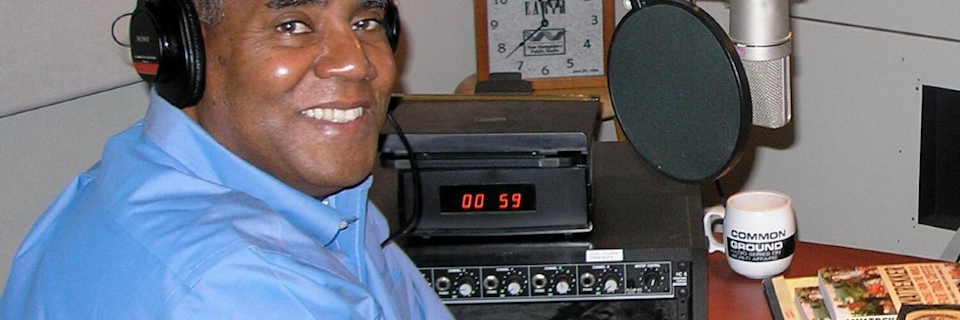
.png)
